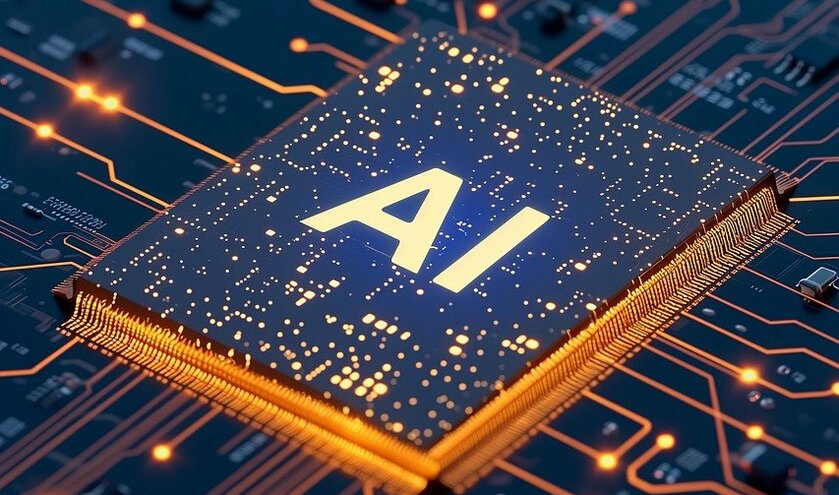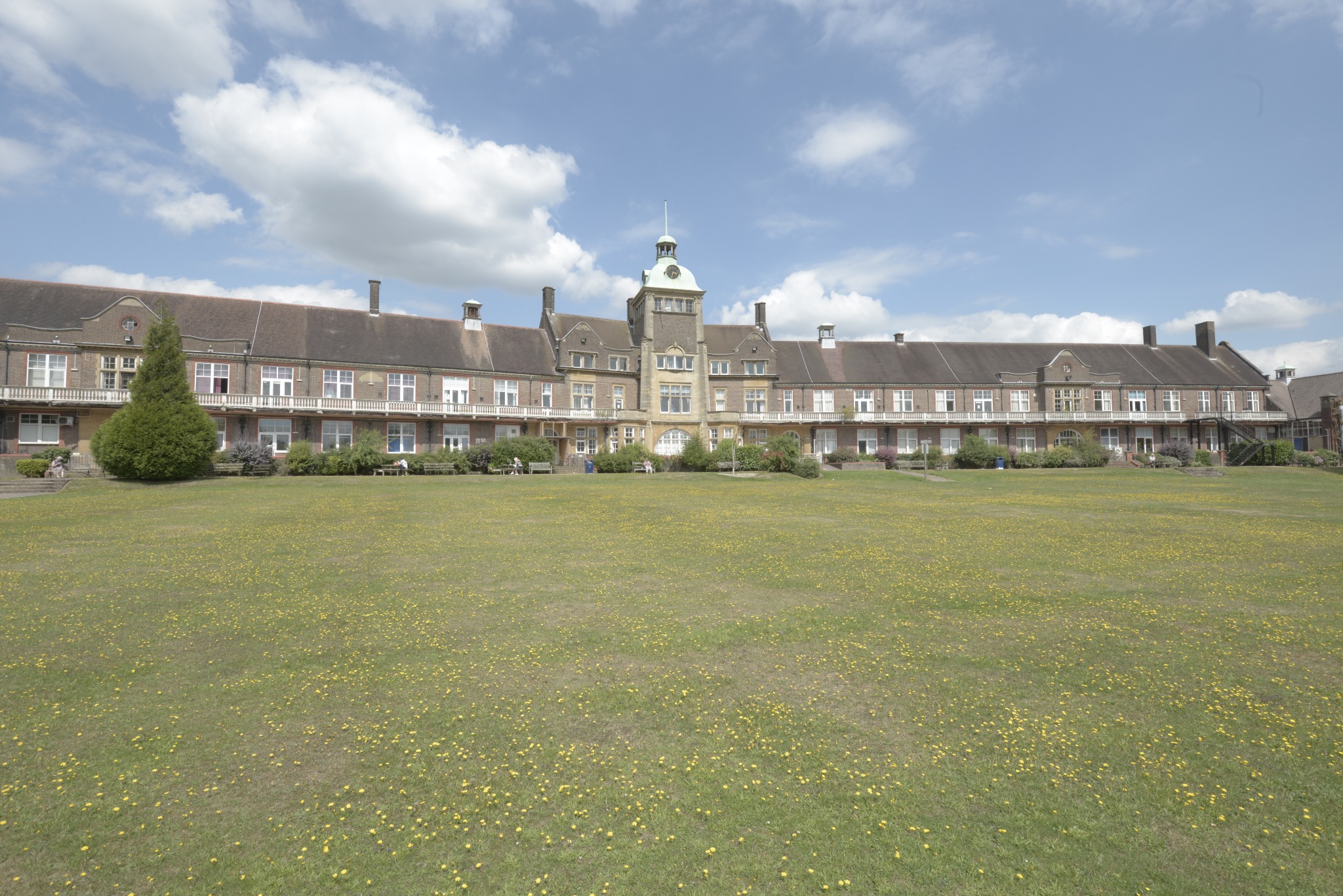The survey of 1,021 British adults by the Royal College of Radiologists (RCR) found 61% of people support its use to speed up processing images from CT and MRI scanners, while 59% back its use to analyse scans in real-time alongside human radiologists.
However, only 18% of people said they would support AI performing surgery independently, while 22% said they would back AI replacing specialist medics or cancer doctors.
In addition, 39% of respondents said they would prefer radiologists to use AI as a supplementary tool, while 36% supported AI models operating independently, but with a subsequent review by clinicians.
Only 5% of people who responded backed the use of fully autonomous AI, the survey reveals.
Dr Katharine Halliday, president of the RCR, said: ‘Our research shows that people trust doctors and want them to oversee the use of AI in healthcare.
‘In fact, AI tools are already used in over 60% of cancer centres and 70% of radiology departments, and the public feel confident about AI being used in this way.'
She added: ‘We need a national conversation on the use of AI in healthcare so that we bring people with us and reap the benefits for patient care.'
Meanwhile, a separate poll by Ipsos for the PA news agency, found people are more positive than negative about the uses of AI in healthcare.
The survey of 1,094 adults in Britain found almost half of the respondents thought AI will be beneficial for speeding up the diagnosis of diseases and administration processes (49%) and lightening the workload for NHS staff (48%).
However, the survey found the British public is divided on whether AI is more of an opportunity or a risk for the health service. Some 37% said they think it would more of an opportunity for the NHS overall, compared to 31% who view it as much of an opportunity as a risk and 20% who said it is more of a risk.



